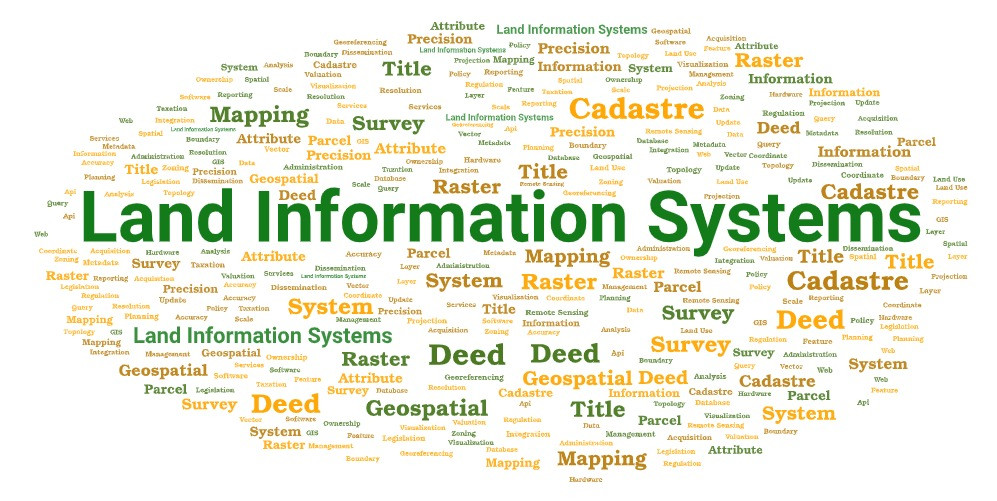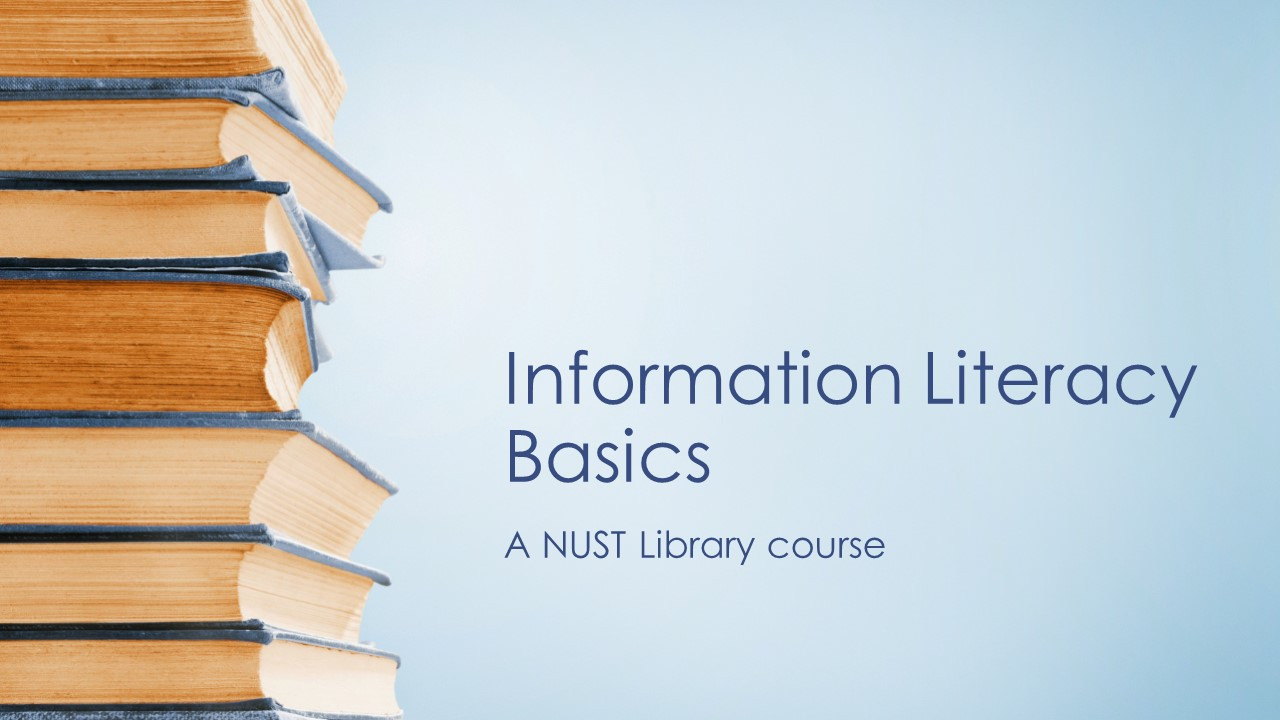Land Information Systems (LIS) are tools (mostly computerised) that are used for legal, administrative and socio-economic decision making and assist in planning and development which consists of spatially referenced database of land-related data for a defined area on hand and procedure/techniques for systematic collection, updating, processing and distribution of data/information.
The course will focus on the theoretical and practical aspects of LIS covering the formal definitions, uses and applications, relevance and value, and design and implementation of LIS using computerised tools (like geodatabases, GIS etc). Special attention will be paid to the concept of parcel-based land information systems and at the end students will be taken on global trends and implications.
Students are encouraged to read widely and to be inquisitive so that they can think more globally but be able to apply their actions and efforts in contributing to finding local solutions









